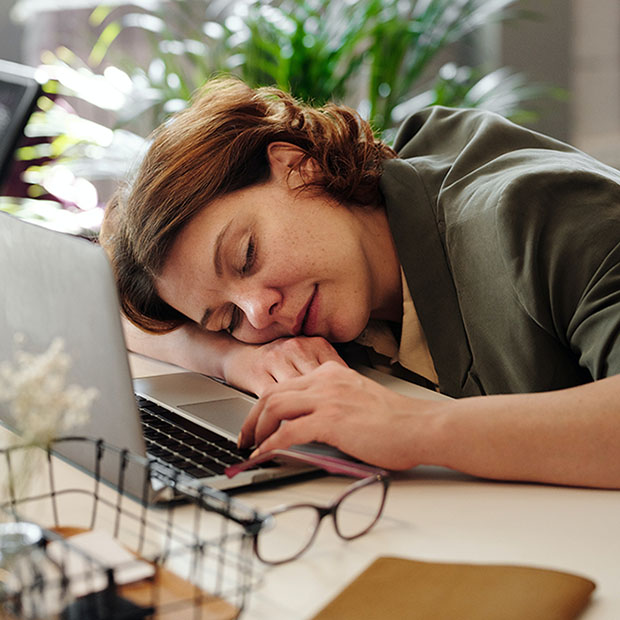Eyes and Sleep: A Two-Way Link

Insufficient sleep can affect the mind and body like alcohol, but what does it do to our eyes?
For the sake of both our overall health and our eye health, we need to be getting plenty of sleep, but it’s actually a two-way street. If we are more careful about what we put in front of our eyes before bedtime, we can often improve the quality of the sleep we get.
How Sleep Deprivation Affects Eye Health
We all know what it feels like to experience short-term sleep deprivation. We become drowsy and grumpy and concentration is a challenge. Over the course of many nights without enough sleep, the effects can compound and become more serious. Chronic sleep deprivation leads to a weaker immune system, difficulty losing weight, an increase in blood pressure, moodiness, and a higher chance of memory loss.
There are several ways chronic sleep deprivation is bad for our eyes. We need five hours of sleep at minimum for our eyes to be refreshed and ready for a new day. Too little sleep makes eye strain, dry eye, and eye twitches more likely. Fortunately, our eyes can help us get a better quality of sleep if we know how to take advantage of that.
Our Internal Clocks Don’t Understand Artificial Blue Light
For all of human history until the last several decades, the only source of blue light has been the sun. Our eyes are still hardwired to interpret the presence of blue light to mean that it’s daytime and we should be awake, even if the blue light is coming from a screen. The sight of blue light prevents our brains from getting ready for sleep. If you’ve struggled to fall asleep late at night, it could be because of your phone or computer!
Cut Back on Bedtime Blue Light
The fix for blue light affecting your sleep cycle is simple: cut out blue light in the hour before bedtime. Avoiding screens altogether when you’re about to go to sleep is best, but a simple blue light filter on your screen could make a difference. Give it a try and see how it impacts your sleep.
Give Your Eyes a Rest from Contact Lenses
The only part of the human body that gets its oxygen directly from the air is the cornea (the clear layer at the front of our eyes). Contact lenses these days are much better at letting oxygen through than they used to be, allowing our eyes to breathe and making it possible to safely wear the contacts for longer stretches at a time, but we still recommend taking them out overnight.
Giving your eyes a break from contact lenses while you sleep will reduce the risk of eye infections, as long as you clean the contacts and store them in fresh solution. If you would rather leave your contacts in, check the packaging first and make sure that yours are designed for overnight use.
Prioritize Preventative Eye Care
We’re here to answer our patients’ question about the link between healthy sleep and healthy eyes, and we’re happy to talk to you about any concerns you have the next time you come in for an eye exam. In the meantime, work towards getting plenty of sleep (if you aren’t already getting it) and follow all the instructions properly if you wear contact lenses.